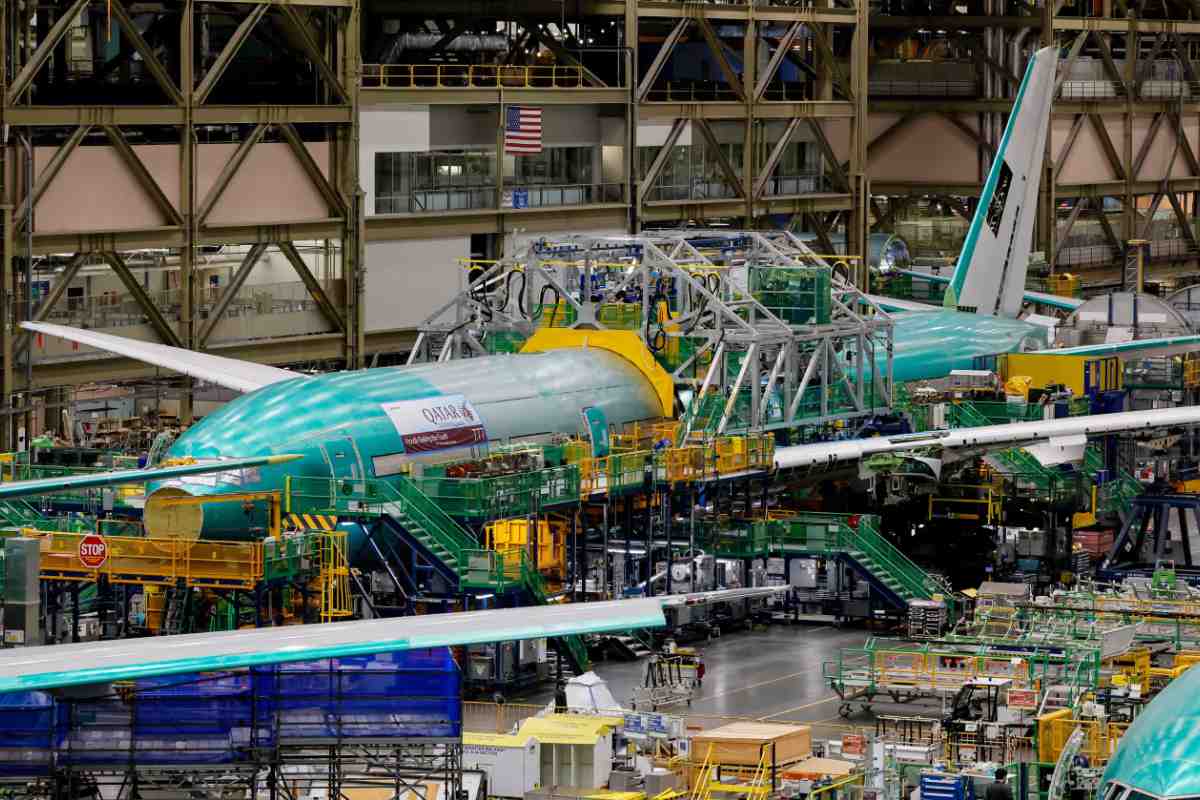Microsoft outage disrupts various sectors globally, causing widespread disruptions on Friday. The outage affected airlines, banks, media outlets, and numerous companies, leading to delays, cancellations, and operational difficulties.
Microsoft Outage Disrupts Transportation and Airport Operations.
In New York, the Metropolitan Transportation Authority (MTA) informed commuters that customer information systems were offline due to the technical outage, though train and bus services continued to run. The Long Island Rail Road (LIRR) maintained service, but information displays and announcements were unavailable. At LaGuardia Airport, 30 flights were canceled and 10 were delayed, while John F. Kennedy International Airport saw 16 flight cancellations, causing significant delays.
The ripple effect of the outage extended to airlines and airports worldwide. Airlines in the United Kingdom, Europe, and India reported issues, with some New Zealand banks also going offline. In the United States, the Federal Aviation Administration (FAA) confirmed that United, American, Delta, and Allegiant airlines were grounded. Passengers at Los Angeles International Airport experienced delays, with some resorting to sleeping on the jetway floor due to a delayed United flight.
In the United Kingdom, budget airline Ryanair and train operators TransPennine Express and Govia Thameslink Railway were among those affected. Edinburgh Airport and London’s Stansted Airport faced longer waiting times and manual check-ins. Australian airports reported severe disruptions, with passengers in Melbourne waiting over an hour to check in, although flights continued to operate.
Global Reach and Sectoral Impact
The outage’s reach extended beyond transportation, affecting numerous sectors globally. Visa, ADT Security, and Amazon services experienced outages, as did airlines such as American Airlines and Delta. Australian news outlets reported disruptions across airlines, telecommunications providers, banks, and media broadcasters. New Zealand’s acting Prime Minister David Seymour noted that officials were investigating the potential impacts, though there was no indication of malicious cyber activity.
In Israel, the Cyber Directorate attributed the outages to an issue with the cybersecurity platform Crowdstrike, impacting post offices and hospitals. The outage also hit hospitals in Britain and Germany, with some practices within the National Health Service (NHS) in England losing access to clinical records. The Schleswig-Holstein University Hospital in Germany cancelled elective surgeries, although patient and emergency care remained unaffected.
Microsoft outage disrupts services, leading to response and resolution efforts.
Microsoft 365 posted updates on X, stating that the company was working on rerouting impacted traffic to alternate systems to mitigate the issue. While the company observed a positive trend in service availability, it did not provide a detailed explanation of the outage’s cause.
Crowdstrike’s involvement came to light through a screenshot posted on X, indicating that the company was aware of crashes related to its Falcon Sensor platform. This alert, posted on a protected site, has not been independently verified, and Crowdstrike has not responded to requests for comment.
As the world grappled with the fallout from this major outage, various sectors worked to adapt and manage the disruptions. From manual check-ins at airports to hospitals prioritizing emergency care, the resilience and adaptability of global systems were put to the test. The incident highlighted the critical dependency on technology and the far-reaching impact of a major outage on daily operations and services worldwide.












